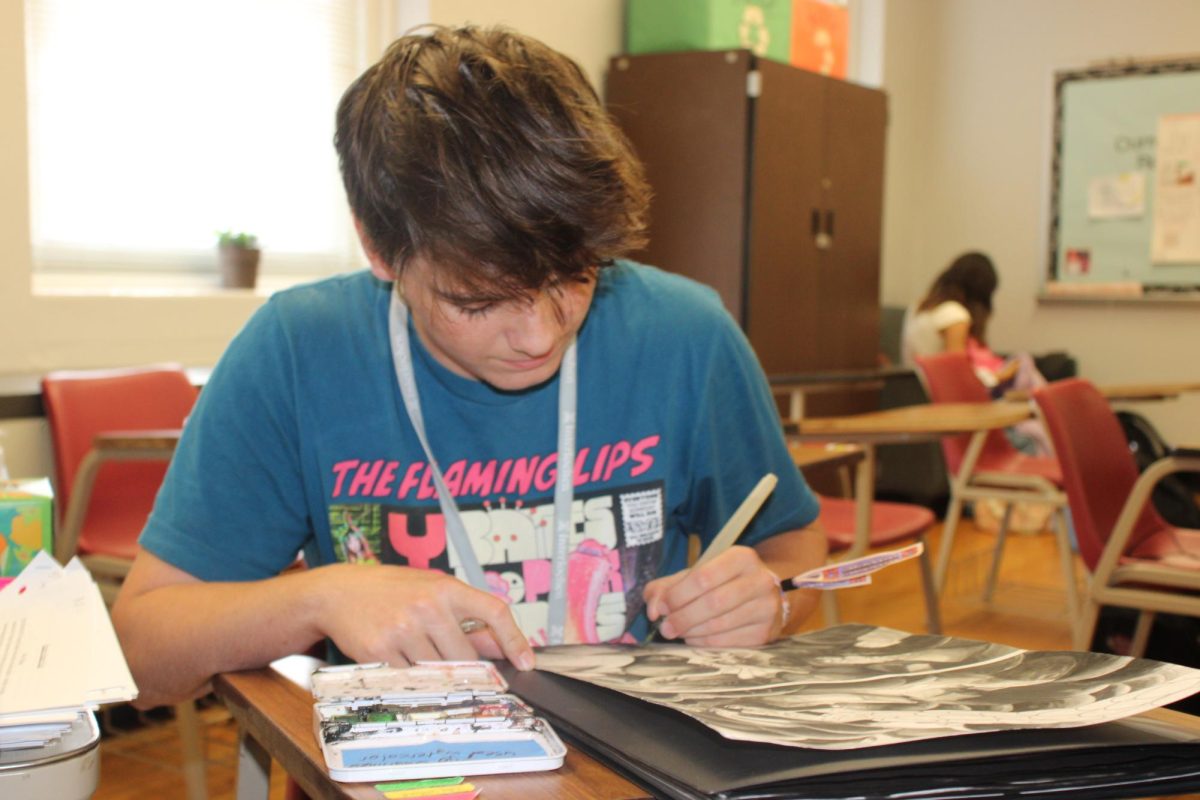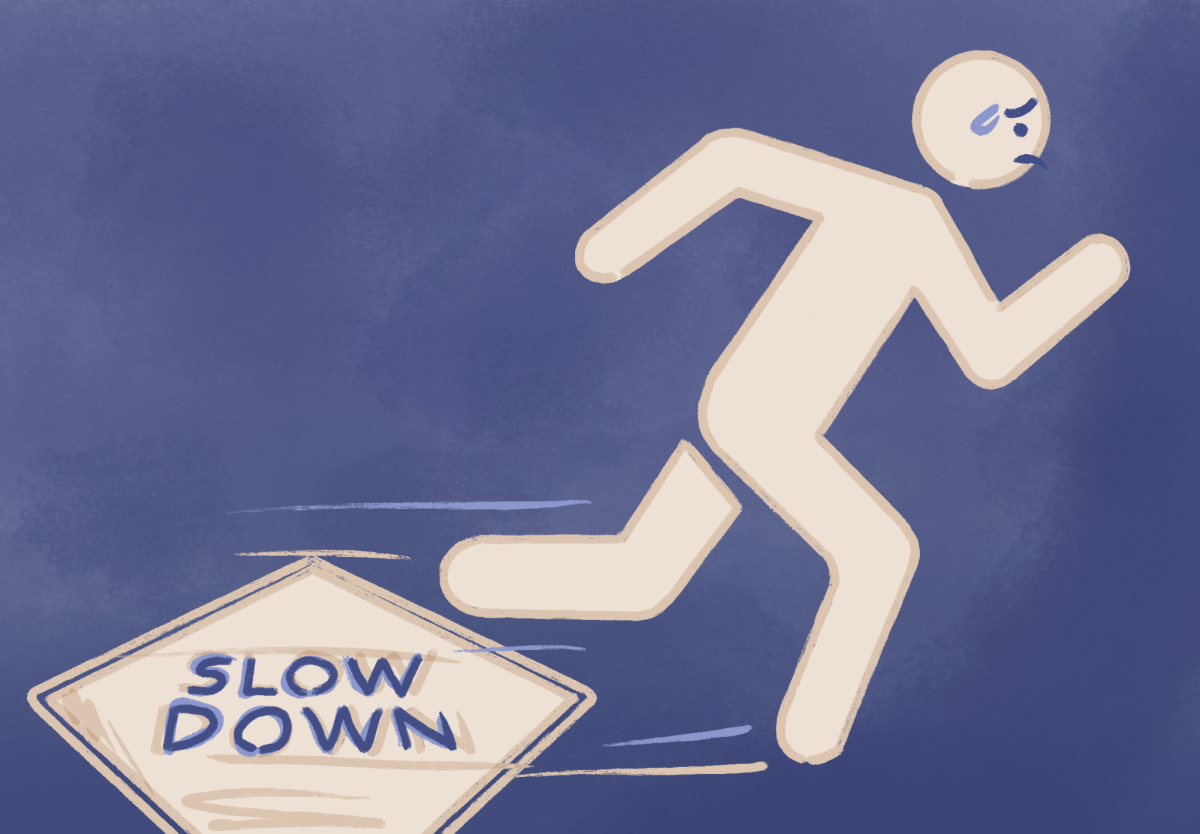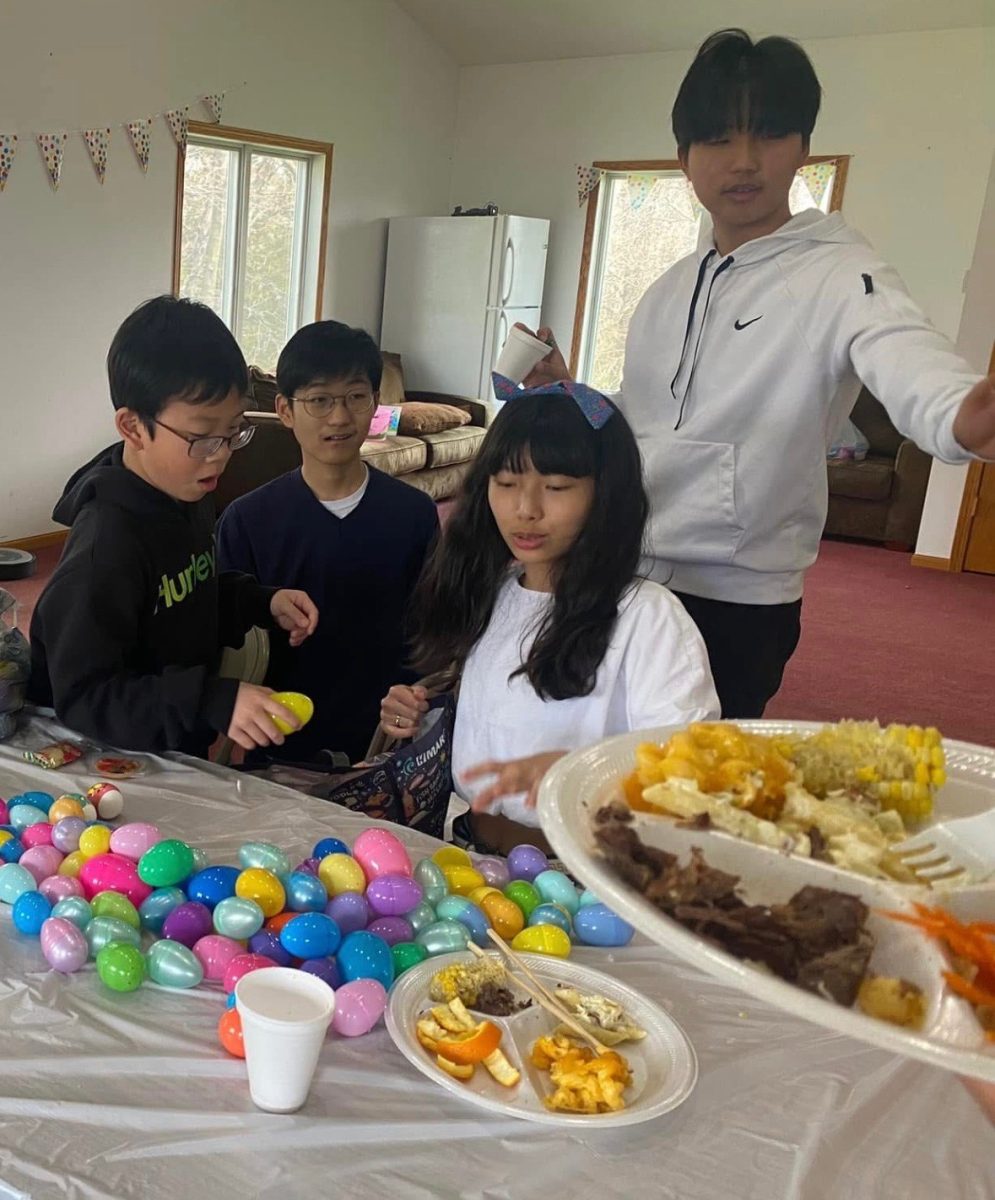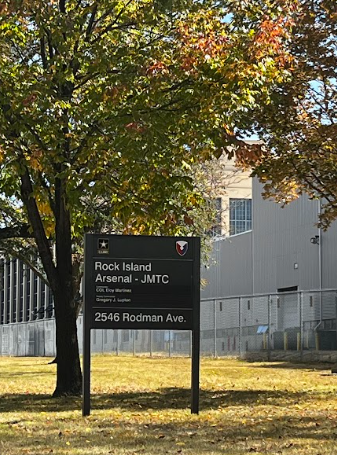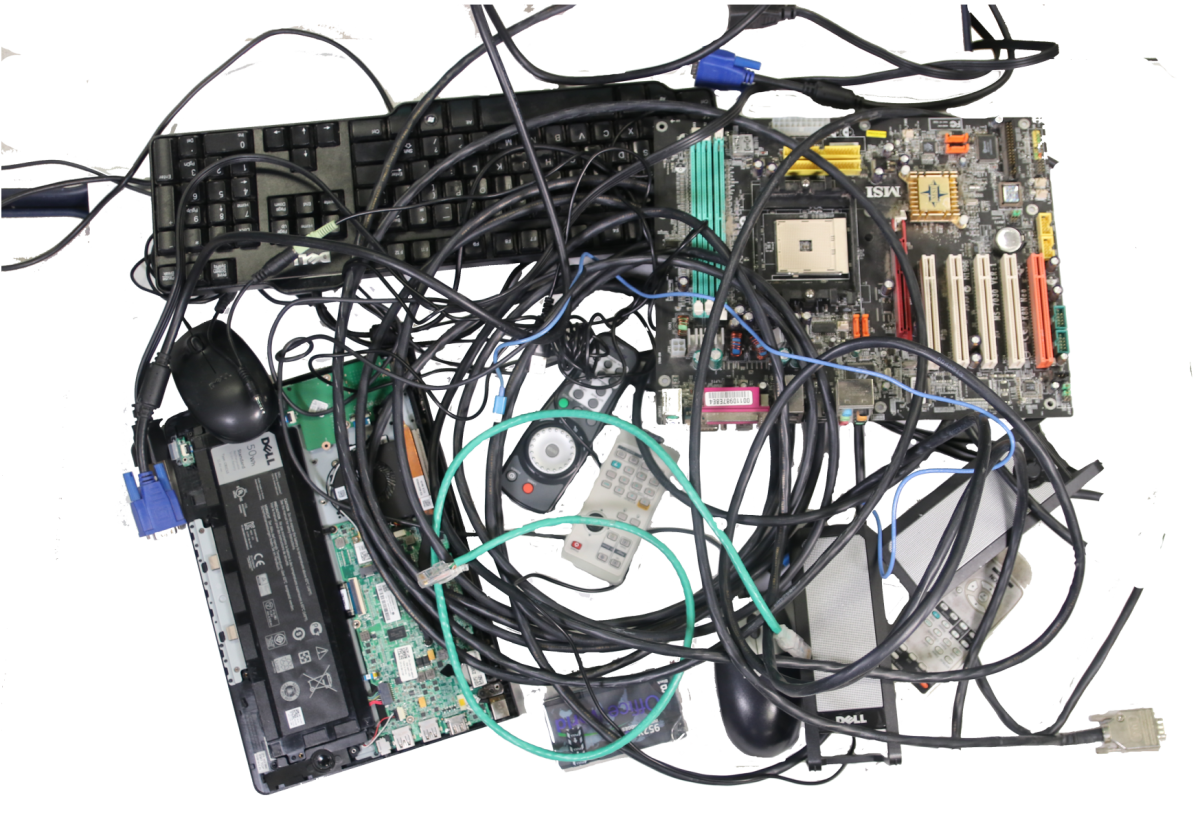Carlos Vences, senior said he plans on getting a set of Sennheiser headphones for the holidays. He has owned close to 35 headphones in his lifetime and has needed new ones for a variety of reasons.
“Sometimes it can be the cord breaking, sometimes it can be one of the headphones stops working, so one side stops working, sometimes it can be that they just don’t hold up, or maybe they were a cheap pair,” Vences said.
Like many students at Marquette, Vences tends to hang on to broken or obsolete pairs.
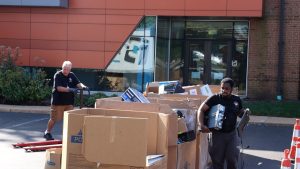
“I have a collection, it’s almost like a graveyard now,” Carlos said.
Sanika Saraf, senior said, like Carlos, her family tends to hold on to broken, or unused electronics.
“My family, especially with computers and things like that, we just keep them in a box in our basement. We don’t really do anything with it,” Saraf said.
After the district began providing every student with a Chromebook two years ago, Nathan Frankenberger, computer science teacher, began teaching a technology class in which students repaired damaged or broken Chromebooks of RSD students.
“It was probably cheaper than contracting out and having to hire more people,” Frankenberger said. “The other benefit is we had kids doing it; they’re having fun, they’re learning about the process and getting involved in other aspects besides the programming of computers.”
Though Frakenberger believed the system worked well, the district went under warranty for Chromebooks to help save money on repairs by outsourcing them. Students and staff could not continue fixing the devices, effectively killing the program.
Frankenberger said Chromebooks, like many other electronics, have valuable components and parts.
“Tons of parts inside of a computer are made of precious metals,” Frankenberger said. “Just throwing them away you could think of as throwing jewelry into a landfill.”
The district is currently managing about 6,000 Windows devices, 20,000 Chromebooks, 1,800 projectors, and 6,000 iPads this school year. When warranties expire, RSD often uses the devices until they can no longer be repaired or stop receiving updates.
Steven Monroe, Rockwood Technology Customer Service Manager, said all Chromebooks used by middle and high school students will eventually make their way down to the elementary schools.
“The old Chromebooks that are in the third and fourth-grade classrooms from the previous year get placed on a list for obsoletion and sent off to our Board of Education for approval,” Monroe said.
A similar process is followed with Windows devices, mostly teacher’s laptops, which are replaced with new devices once the warranty expires. Old devices are used as loaners or for substitute teachers until something breaks and cannot be repaired.
“Projectors and SMARTboards go through a similar process, but are typically only obsoleted and replaced if they break completely,” Monroe said.
Once obsolete devices are approved, a company called Nilo Tech pays RSD for the technology, picks up the old electronics,s and brings them to their warehouse in St. Louis.
Justin Nilhas, owner of Nilo Tech, said 5% of their electronics come from RSD. After the electronics are picked up from school, they are sorted into different categories depending on the type of metal each electronic contains.
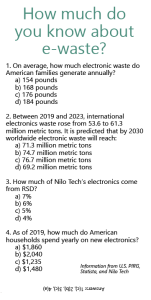
“We’re after copper, we’re after aluminum, we’re after gold, silver and smaller ones, similar to jewelry type stuff,” Nilhas said.
If an electronic device has any metal in it at all, it goes through chippers and mills that have giant teeth that turn the electronics into pellets so they can be reused for new products, Nilhas said.
Nilhas said the waste they see for electronics has changed over the years. He sees a lot more tablets and computer towers than before.
“Everything is lighter and all the screens are bigger,” Nilhas said.
Nilhas said electronic recycling is important to ensure contaminants do not go places they shouldn’t because metals like lead and mercury in electronics can eventually enter groundwater, so they must be disposed of in a specific way.
“The dump does not exist in a vacuum. It exists in our community, so keeping bad things out of the dump, that are hazardous, is very good,” Nilhas said.
He said it is also important to recycle because it is more environmentally friendly to reuse precious metals inside electronics already, and then mine for new metals.
“Lithium, for instance, is a common element that is in the battery that we recycle; they’re in your laptops, they’re in your phones,” Nilhas said. “It’s mined out of the ground. It can hurt the environment, so the best thing that we can do is try to capture the stuff we’ve already dug up.”
Michelle Dixon, office manager of Arch City Technology, said our recycling company keeps resellable items, like projectors and keyboards, where a few modifications can be made to repair them, like changing a projector light bulb.
Most things that are not re-sellable are shredded, Dixon said.
“Our machine divides them into different commodities and those are sent to smelters where they then melt them down to be used in other products,” Dixon said.
Bennet Toth, senior, learned about the impact humans have on their environment in AP Environmental last year. She now plans to pursue environmental science in college.
Toth said she learned that microplastics will not break down in the foreseeable future, and will remain in the environment.
“They have already made it through the entire food chain, all the way up to traces seen in humans and apex predators,” Toth said.
Toth said she also learned that mining materials for electronics can be harmful to the environment, as mined regions are often destroyed to extract the necessary metals and raw materials.
Toth said electronic recycling is labor intensive and a little expensive, but worth doing to protect the environment from pollution. Her family recycles their electronics, such as batteries, at her dad’s workplace.
“All of our choices add up. It might feel like we are just 1 out of 8 billion people, but each of us has choices in our daily lives, and the ways that we live them that can continue the trend where we are at,” Toth said. “But we also have choices to make an impact for the better.”
Ayan Ahmed, junior, said his family stores many used double and triple A batteries in drawers and cupboards in their house for lack of an obvious, better solution.
“I think the biggest issue is that people don’t have time to properly recycle., They just throw stuff in the bin to be done with it,” Ahmed said. “If there was a separate bin for e-waste, then maybe people would start doing it.”
Susan Hartley, environmental science teacher, said batteries are one difficult-to-recycle electronic component.
Hartley said many are inclined to throw batteries in the trash or the regular single-stream recycling, in hopes it will be recycled. However, batteries can contain toxic materials, which, if not managed correctly, are harmful to other products and the environment.
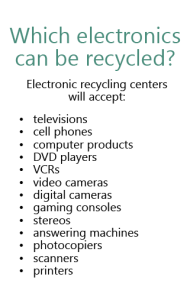
Hartley sponsors the Student Alliance For the Environment (SAFE) Club, which recently started meeting during Ac Lab.
“We have a group of students that are interested in doing the right thing,” Hartley said.
Hartley said electronic recycling may be something for the SAFE Club to focus on. By giving classrooms a place to put old or broken smaller electronics, e-cycling would be much more accessible.
Bradley Bell, technology support director, said the district once paid $300-$400 less per Chromebook; this margin accumulates when purchasing several thousand. The district has been unable to purchase new Chromebooks for the last two years due to higher prices and limited funds, making aging devices a very concerning issue.
“We have devices in teachers’ hands that are six or seven years old and they are starting to show it,” Bell said. “We would never leave a student or a staff member without a device, but we are running down to only having older devices to give out.”
Now that Prop 3 has passed, Bell said the top priority is getting new devices to students who haven’t received them. Refreshing and buying new staff devices is also a priority, along with improvements to cybersecurity.
“I’m meeting with multiple vendors this week to go over different devices and reevaluate what is best to spend the money on,” Bell said. “It is very much going to be playing catch-up.”
Though it will be a challenge, Bell said he is pleased that the district “has a direction.”
“Not knowing where we were we were going to head was the hard part to plan for,” Bell said.
Bell said the money won’t become available until December of next year and will become fully available in 2025.
This story was originally published on Marquette Messenger on February 20, 2024.


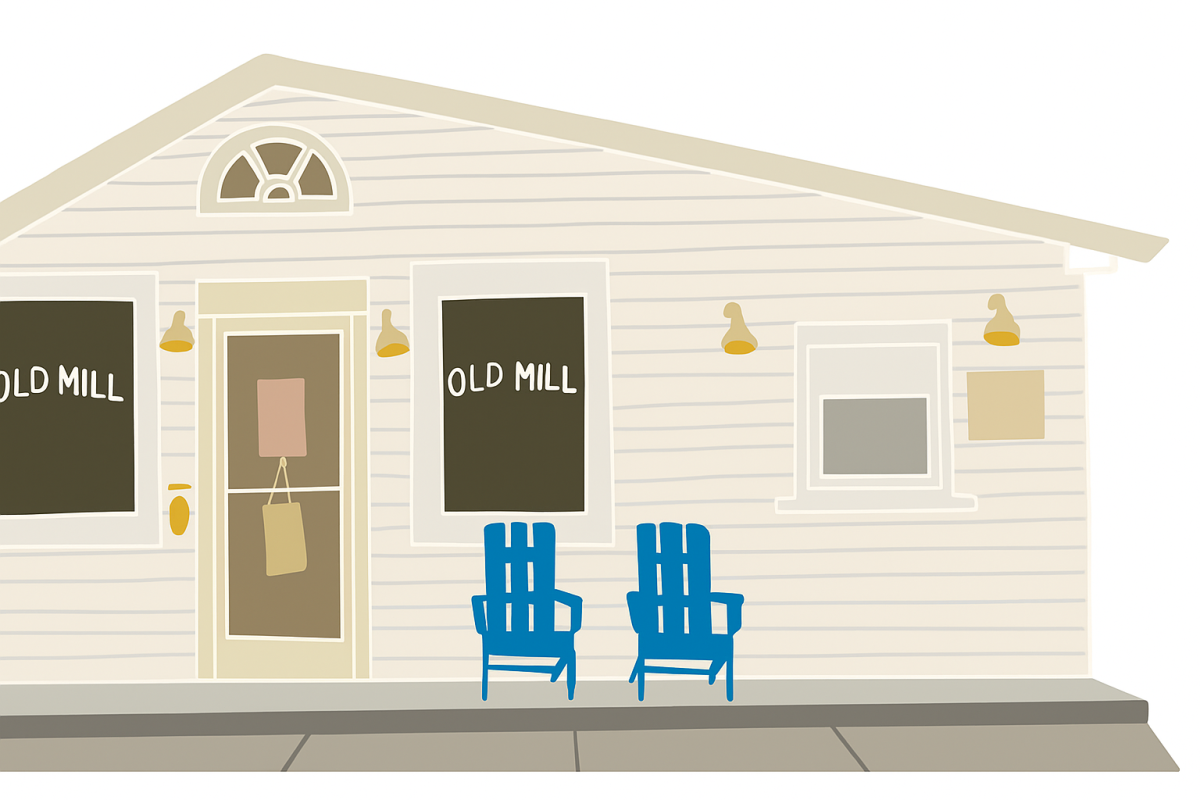
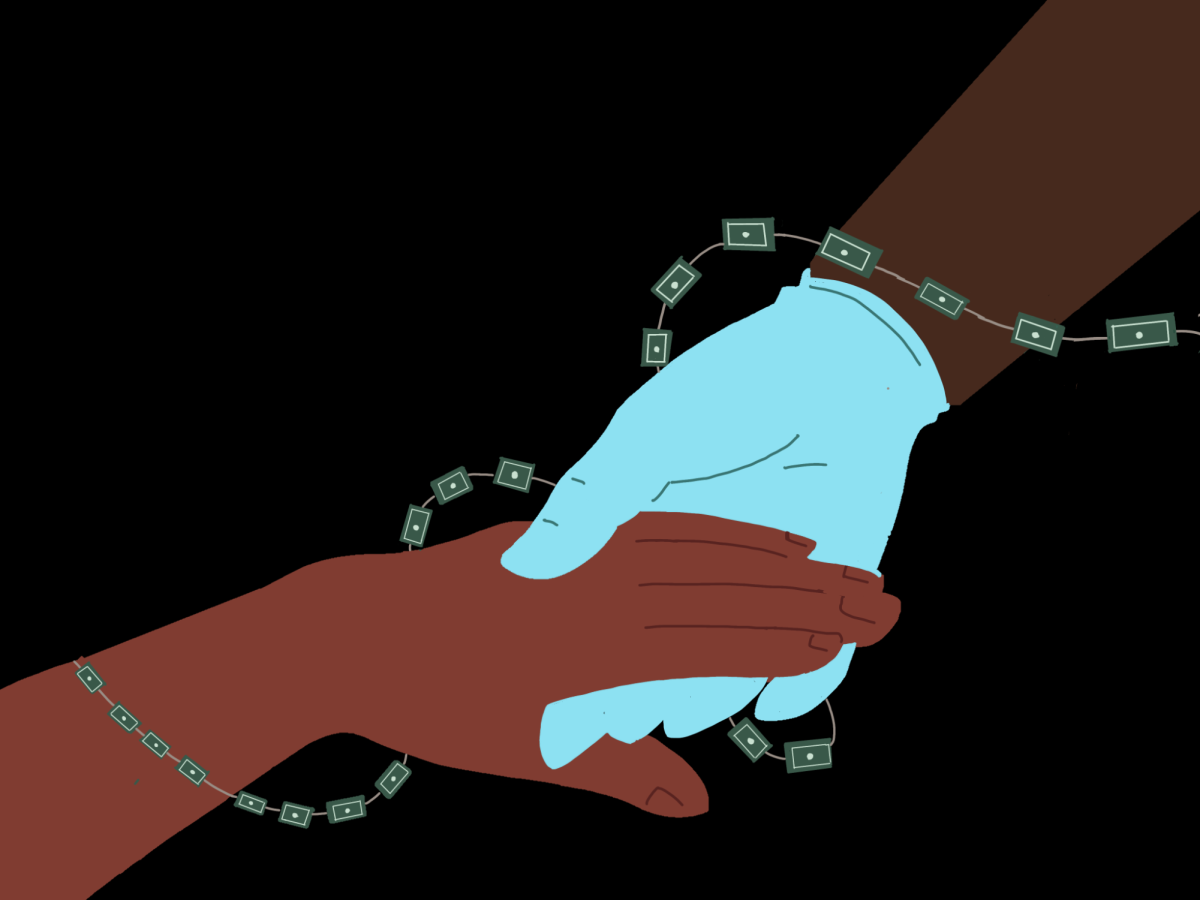

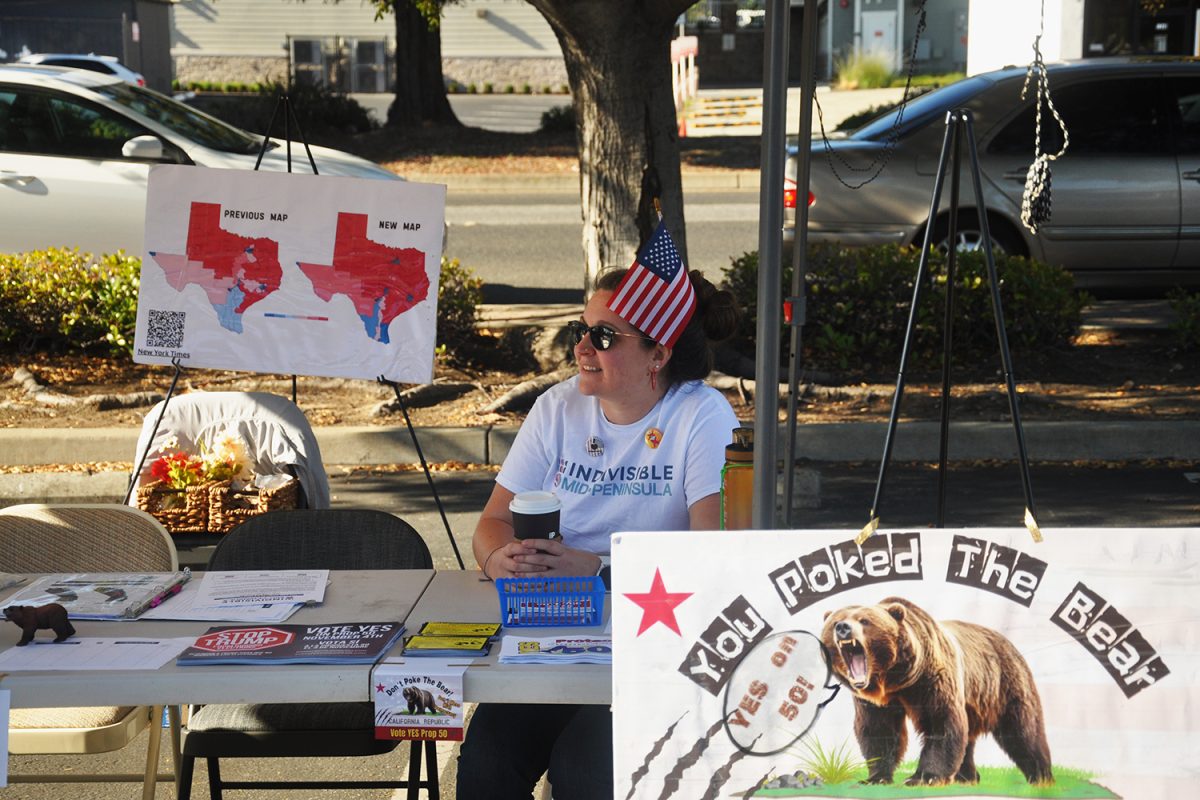

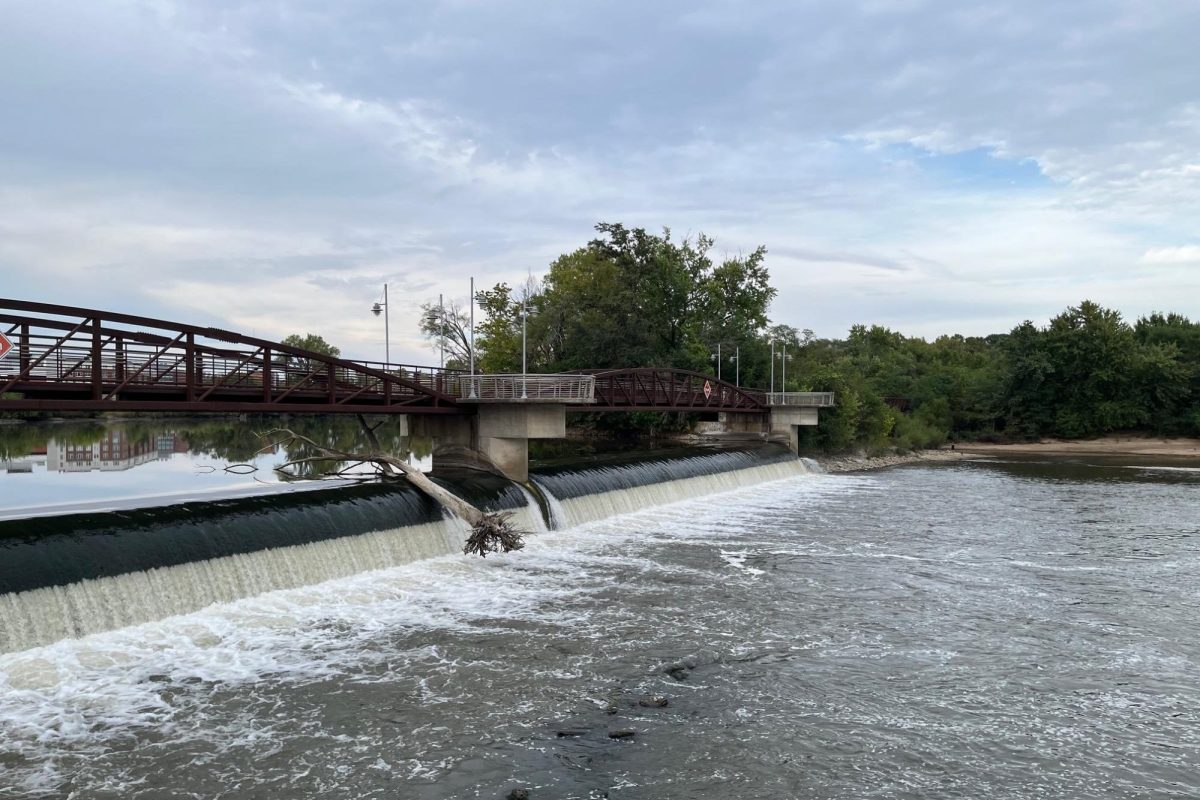
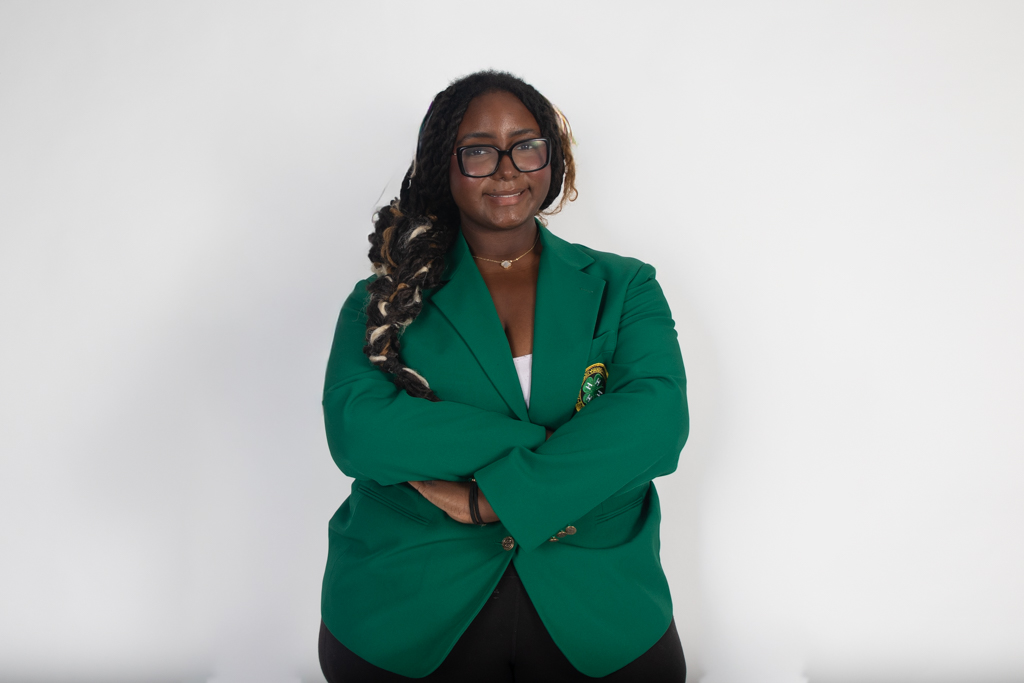
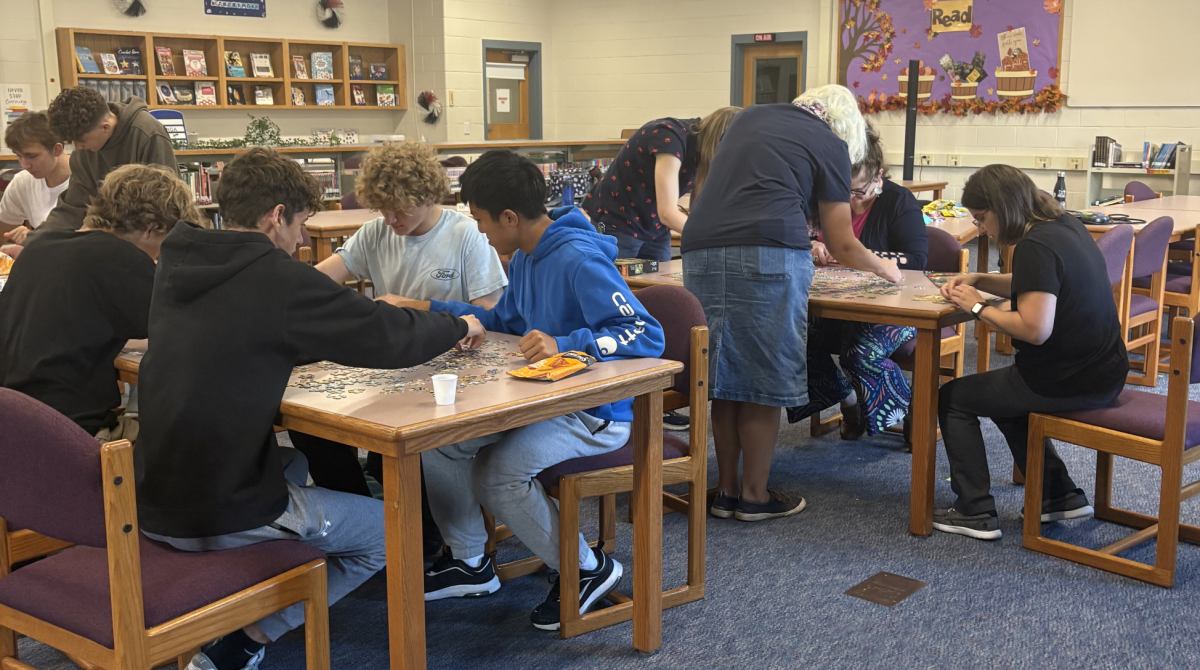
![Senior Dhiya Prasanna examines a bottle of Tylenol. Prasanna has observed data in science labs and in real life. “[I] advise the public not to just look or search for information that supports your argument, but search for information that doesn't support it,” Prasanna said.](https://bestofsno.com/wp-content/uploads/2025/10/DSC_0073-2-1200x800.jpg)







